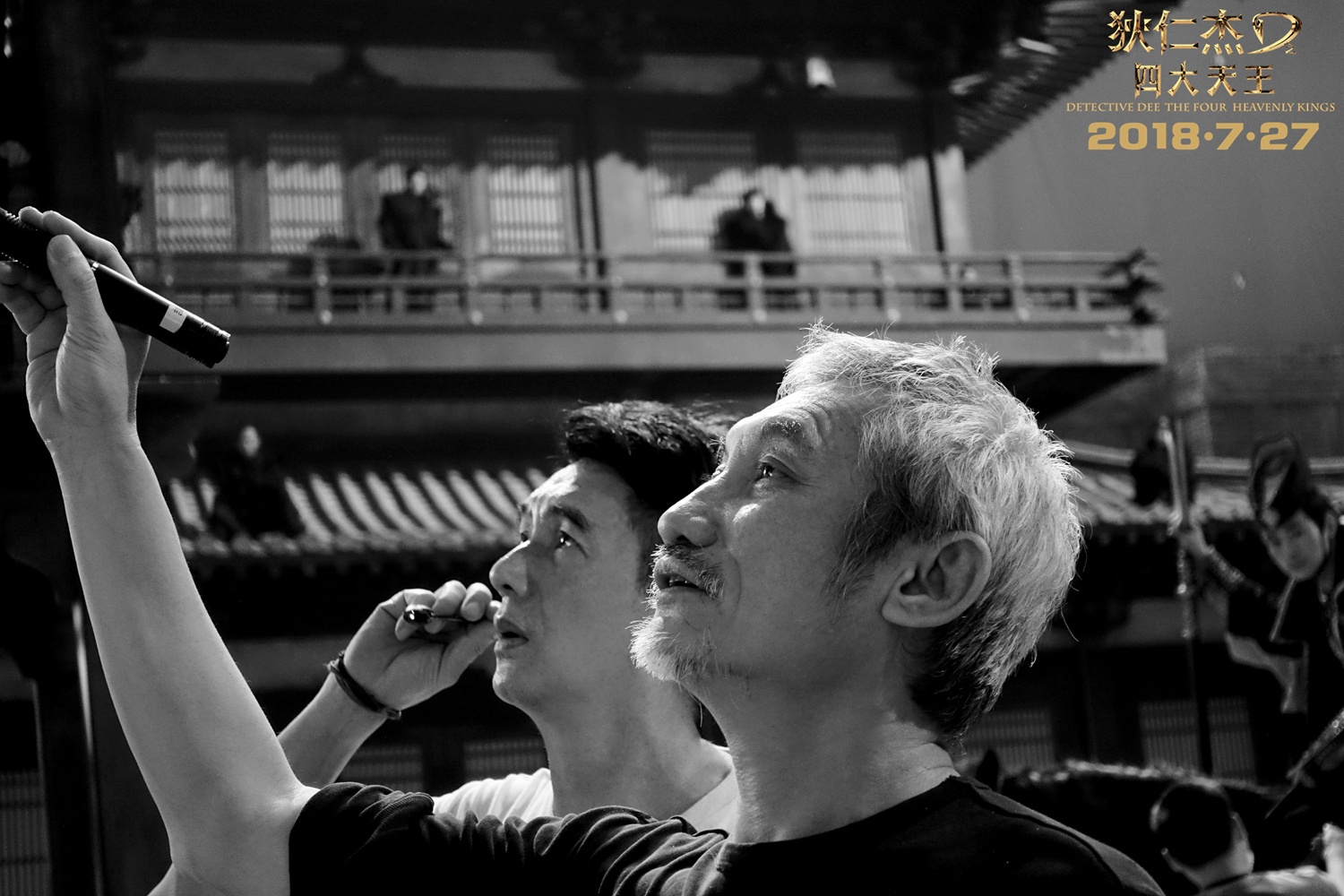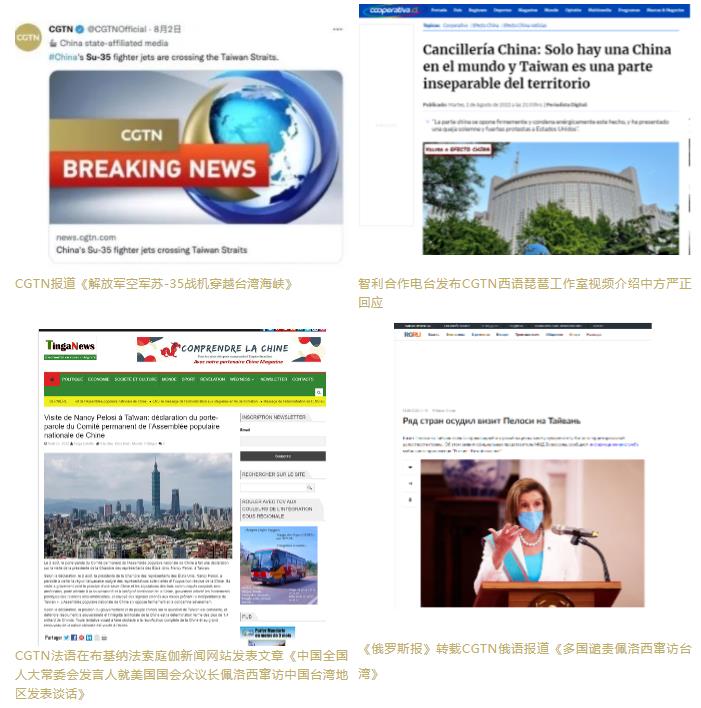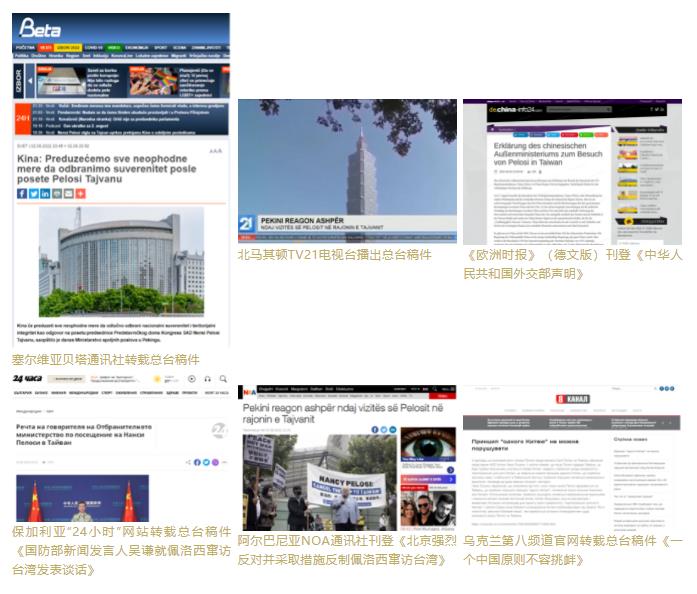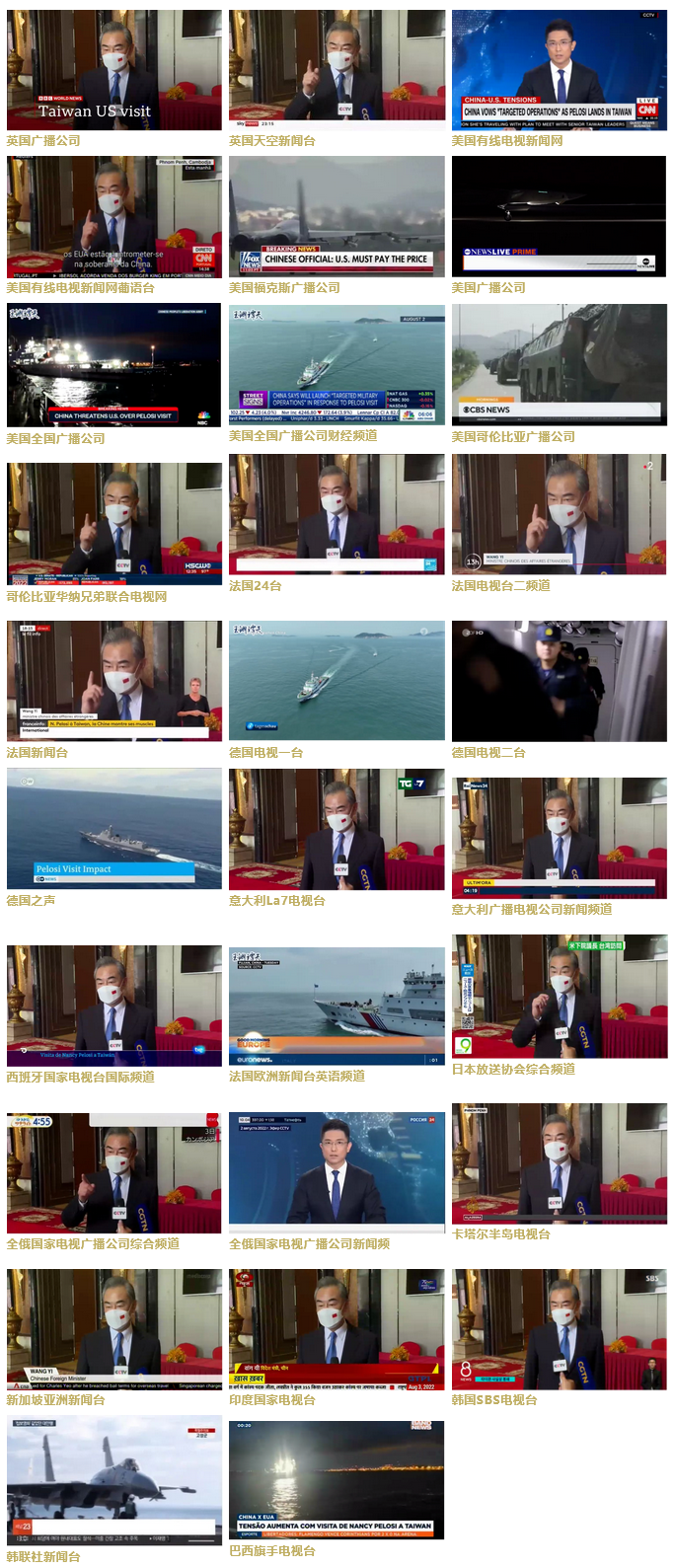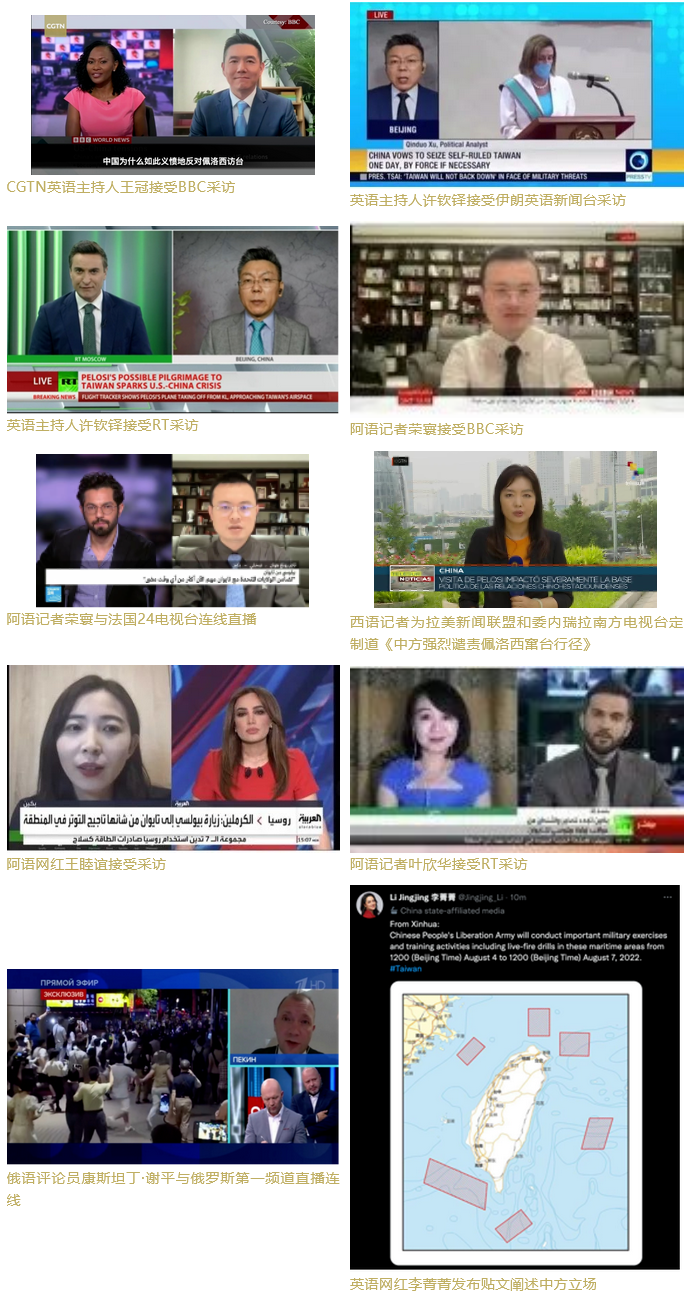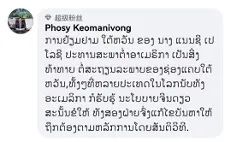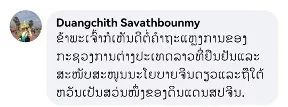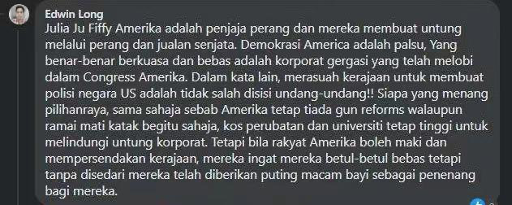Various measures have been taken in various places to improve the security level of the elderly and optimize the professional services for the aged care (to promote the realization of basic old-age se
If you open the column,
General Secretary of the Supreme Leader pointed out in the Party’s Report to the 20th CPC National Congress that the national strategy of actively coping with the aging population should be implemented, the old-age care undertakings and industries should be developed, the services for the elderly who are lonely and widowed should be optimized, and the basic old-age care services for all the elderly should be promoted.
In recent years, in order to better promote the sense of security for the elderly, many powerful and effective measures have been taken in various places: from the construction of family beds for the aged, to the optimization of home-based services for the aged, and then to the construction of a "quarter-hour" service circle for the aged … … The old-age security network is becoming more and more dense, and more and more elderly people live a healthy old age and enjoy a happy life. This edition will launch a series of reports on "promoting the realization of basic old-age care services for all the elderly" from now on, so please pay attention.
Building a family bed for the aged
Intelligent care and peace of mind of equipment
At 9 o’clock in the morning, Zheng Shengzhou, who lives in Daoxiang Village Street, Shushan District, Hefei City, Anhui Province, began to get busy. Turn on the TV, come to the bedside of intelligent nursing, and gently press the "Back Up" button, and mother Lu Xiuying will slowly sit up with the bed rising. "The old mother is too old to go out. She watches TV every day to relieve boredom." Zheng Shengzhou said, "Compared with the previous wooden bed, the functions of the intelligent nursing bed can be operated with one button. Now it is very convenient for the elderly to get up and lie on their side."
In September last year, the Civil Affairs Bureau of Shushan District, Hefei City issued the "Pilot Program for the Construction of Family Beds for the Aged in Shushan District", which clearly defined that all towns, streets and Shushan Economic Development Zone within their jurisdiction should actively create smart old-age pilots, and rely on qualified old-age service institutions to extend professional old-age care services to families and improve the intelligent level of home-based old-age care.
"This service target is elderly families with financial difficulties who have lived in this area for a long time and have reached the age of 60 and have been assessed as disabled or partially disabled. Families with financial difficulties such as subsistence allowances and marginal subsistence allowances are given priority. At the same time, it is necessary to obtain the consent of the elderly family and apply voluntarily. " Wang Ying, head of the Pension Service Section of the Civil Affairs Bureau of Shushan District, said, "The construction funds for family pension beds are fully guaranteed by the finance and are built according to the standard of 5,000 yuan/household."
Intelligent nursing bed, automatic induction lamp, bath chair … … On a form, the reporter saw the specific project of the construction of family old-age beds. "The services include aging renovation of bathrooms and other places, installation of smart home equipment, network information service system and electronic information service equipment, etc. Each family can choose according to its own actual situation." Wang Ying said.
"The biggest problem in the past was the mother’s three meals a day. On the wooden bed, I have to hold her back with one hand and feed her with the other. If I am not careful, the old man will lie down again, which is time-consuming and laborious, and the effect is not good. " Zheng Shengzhou told reporters that now with smart equipment, the angle of bed lifting can be controlled at will, so that I can feed myself with peace of mind and my mother can eat comfortably.
In the Shushan District Smart Pension Service Guidance Center, a huge electronic screen is covered with the whole wall, which displays all kinds of information of home-based elderly people in real time.
"High pressure 159, low pressure 97, blood pressure level: mild … …” A message pops up on the screen. It turned out that Zheng Shengzhou measured her mother’s blood pressure with an intelligent blood pressure meter at home. Less than 1 minute after the completion, the data was directly transmitted to the management platform of the service guidance center. "Through this management platform, we can monitor the blood pressure of the elderly in real time, and the families of the elderly can also master the relevant data through small programs on their mobile phones. If there is any abnormality, it is convenient to deal with it in time." Zhang Dejiang, head of the operation of the service guidance center, said. Up to now, 919 disabled and semi-disabled elderly families with financial difficulties in Shushan District have been renovated in their home physical environment and installed with intelligent products and equipment to alleviate the care burden of their family members.
"In the next step, we will increase the exploration of new contents of old-age care services, make overall plans to promote characteristic modes such as home-based care for the elderly, build old-age care brands, make the policies flexible, accurate and well used to the maximum extent, and let the elderly enjoy higher-quality old-age care services." Zhao Hongjun, director of the Civil Affairs Bureau of Shushan District, said.
Provide home service.
Diversified projects and affordable prices
In October, the weather turned cold. Being afraid of cold in bathing is the biggest trouble for many elderly people in winter.
"The community installed a brand-new Yuba in the toilet, and now you can take a warm bath at home!" Zhang Yu, an old man in the happy community of Baishijiang Street, Qilin District, Qujing City, Yunnan Province, said.
There are 860,000 elderly people over 60 years old in Qujing, accounting for 14.92% of the city’s permanent population. In order to better carry out the old-age service, in January this year, the "Regulations on the Promotion of Old-age Service in Qujing City" came into effect, proposing to improve the old-age service system based on home, relying on the community, fully developing institutions and combining medical care with nursing care. He Yachun, head of the Department of Pension Services and Child Welfare of Qujing Civil Affairs Bureau, introduced that in 2021, Qujing invested 990,000 yuan to implement 330 home aging renovation projects, mainly serving the elderly with special difficulties and the elderly, disabled and disabled among urban and rural low-income objects. "This year, we invested another 2.7 million yuan to implement 900 home aging renovation, so that more elderly people can enjoy the warm-hearted policy of the party and the government." He Yachun said.
In the community home care service center of Jianning Street Station in Qilin District, a discussion with the theme of "What to eat" is going on in a lively way.
"Based on everyone’s opinions, next week’s staple food will be our local potato risotto, and a jiaozi will be added." The host of the seminar is Taoni, the head of Jianning Hongkang Pension Service Center, a professional pension service institution introduced by the station community. She told reporters that every month, the center will hold such a food seminar to customize the menu according to the tastes of the elderly, so that the elderly can eat comfortably.
"Considering that some elderly people are inconvenient to move, we deliver food to your door for free, serving two meals in the afternoon and evening. Now there are more than 50 elderly people who deliver food stably." According to Tao Ni, in addition to providing on-site meal assistance, the center also has professionals to provide care services such as daily life, sanitary care and bath assistance.
"On-site service is still new to some elderly people, and some elderly people are worried about expensive fees." Liu Baomei, deputy director of the Civil Affairs Bureau of Qilin District, said that in order to dispel the concerns of the elderly, the government will give certain financial subsidies when introducing social pension institutions into the community to reduce the cost of providing on-site services for the elderly.
Taking Jianning Hongkang Pension Service Center as an example, the community rented the idle space of the office building to the enterprise at a price lower than the market, and the District Civil Affairs Bureau also gave the enterprise a one-time subsidy of 100,000 yuan when building the happy dining table for the elderly, which greatly reduced the operating cost of the enterprise.
"The price of our meals ranges from 6 yuan to 12 yuan, and they are all two kinds of meat, two vegetables and one soup, and there are discounts for the elderly who support the poor and the elderly with low living allowances." Taoni said. In addition to meeting the daily needs of the elderly, Jianning Street has also given priority to setting up a "home front" convenience service point in the community where the elderly live more, sending staff to visit the site at a fixed time every week to handle medical insurance and subsistence allowances for the elderly, and providing free medical examination and consultation services.
"In the next step, we will further rely on the community to develop diversified home-based aged care services and build a ‘ without walls; Nursing home ’ Let the elderly enjoy a happy old age at home. " Zhou Chengshun, deputy director of Qujing Civil Affairs Bureau, said.
Strengthen supervision to ensure quality
Training and expanding the nursing team
The windows are bright and clean, and various tools such as detergents and rags are placed in the corner. Near noon, in the home of Li Xiuling, a 67-year-old elderly person living alone in Jichai Community, Erdao District, Changchun City, Jilin Province, Jia Guiqin, a staff member of the aged care service company who had just finished his work, showed the reporter a comparison. "Look, there were raindrops on the glass before, which was wiped and much cleaner."
Cleaning the glass was once a headache for Li Xiuling. "I can’t do it myself, so I can’t bear it." There are over 90,000 elderly people over 60 years old in Erdao District of Changchun, accounting for about 20% of the total population. How to do a good job in home-based care for the aged has become a compulsory question for the local people.
Changchun launched the government’s purchase of home-based care services, introduced social organizations, and issued service vouchers to 10 categories of eligible people, including those over 60 years old who are destitute and support the elderly, and those over 80 years old who are empty nesters. Each person has a monthly 200 yuan. According to the different needs of the elderly, the service content is listed and divided into more than 30 items, such as domestic service, life care and spiritual care.
"Cooking, cleaning, and repairing sewer pipes don’t cost a penny now, just make a phone call." Li Xiuling said, skillfully took Jia Guiqin’s mobile phone and pressed "Satisfied". In order to ensure the quality of service, in 2018, Changchun established an online supervision platform for aged care services. "After the work is done, the content duration, before and after comparison, and the evaluation of the elderly must be uploaded. After the review, the money will be given." Jia Guiqin quickly packed his tools and wiped them on the ground.
It is understood that at present, older service personnel like Sister Jia are still the mainstream. Since 2021, Jilin Province has started to hold vocational skills competitions and online nursing skills training for aged care workers. "We hope that through these attempts, more young and professional caregivers will be attracted to join the home-based care service." Yu Jingmin, deputy director of the Pension Service Department of Jilin Provincial Civil Affairs Department, said.
"To do a good job in home care services, we must rely on community strength in addition to relying on third-party institutions." Yu Jingmin said. In June, 2020, Jilin Province built a care system for the elderly who live at home, expanded the team, and attracted community grid workers and volunteers to participate in the inspections and visits. Build a platform, generate two-dimensional codes for the elderly who need to visit, and establish files one by one.
In the Erdao District Pension Service Center, the reporter clicked on the system and randomly checked the file of an old man: age, physical condition and service needs are all available. As of August this year, Jilin Province has collected information of 417,800 elderly people and conducted a total of 561,800 visits to care for them.
"In the next step, in addition to expanding the original scope of services, we will also carry out the construction of family beds for the elderly, the training of family caregivers for the disabled elderly, and the comprehensive assessment of the ability of the elderly to better respond to residents’ expectations for a sense of security." The responsible comrades of the Civil Affairs Department of Jilin Province said.
